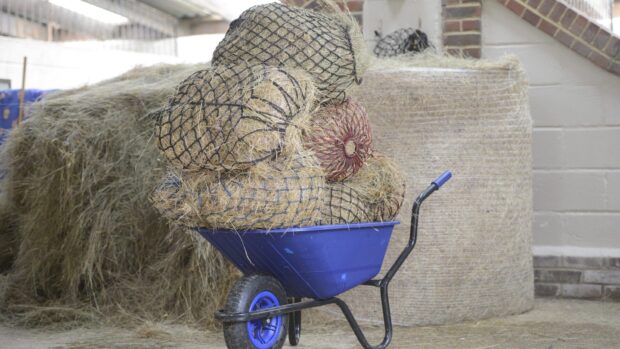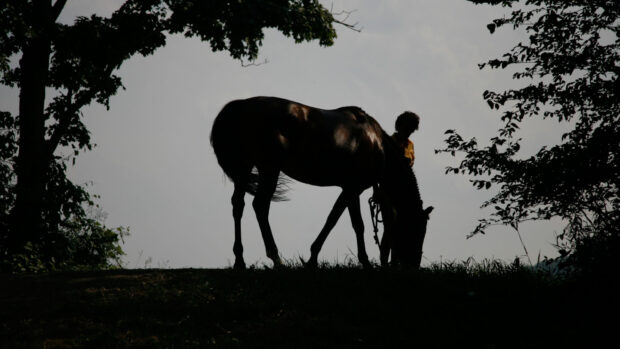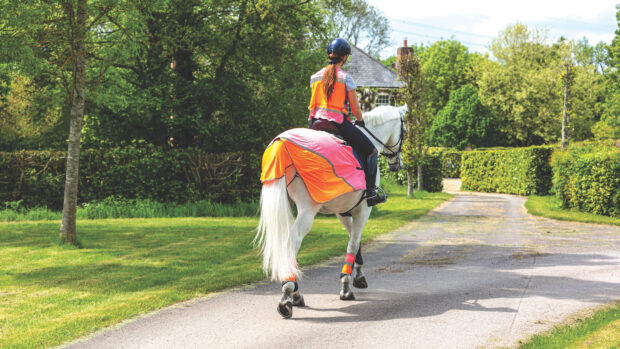A legal bid to ban hunt protesters from thousands of acres of private estate and farm land in West Sussex has been given a priority listing in the High Court.
Lawyers for the Crawley and Horsham hunt told a judge in London today they were seeking a ruling by 1 September so as to have an injunction in place for the start of the hunting season.
Mr Justice Teare ordered an urgent four-day hearing, to begin on 28 July.
The Crawley and Horsham hunt, together with more than 80 of its landowners, are attempting to stop saboteurs trespassing and causing harassment and nuisance to the hunt.
The hunt has employed a leading harassment lawyer to lead the ground-breaking civil action which it hopes will put a stop to the tactics used by the Sussex Wildlife Protection group and its two main organisers, Simon and Jaine Wilde.
Senior master Anthony Sandeman is representing the hunt in the action. He told H&H: “For the past three years, since the Hunting Act, they have been using old sabbing tactics — balaclavas, sprays, whips, hunting horns and tape recorders — to disrupt our legal hunting activities.
“But the main thing is the continual trespass, our farmers are getting fed up with it.”
The case is being brought under the Protection From Harassment Act.
The hunt has logged some 269 incident of trespass and harassment caused by the Wildes and their associates over the past two years alone. It insists it has been operating within the law since the ban on hunting with hounds came into force and stresses that it is not seeking to ban objectors from public land, footpaths and highways.
The wildlife group says it has substantial evidence that the hunt has broken the law, despite the hunt’s claim that it now sticks to legal forms of the sport such as following a false scent.
It argues that the evidence of “hunt monitors” has been instrumental in prosecuting hunts which have failed to abide by the Hunting Act.



